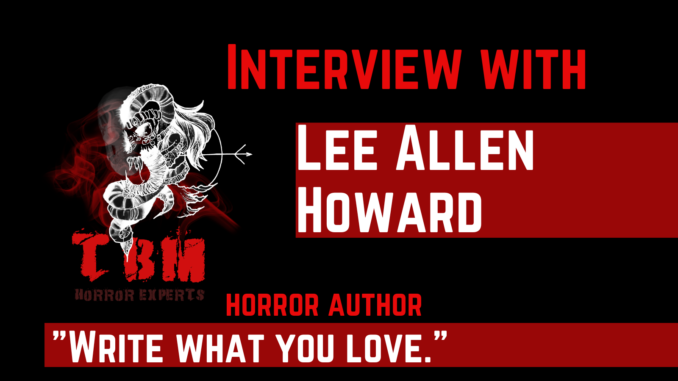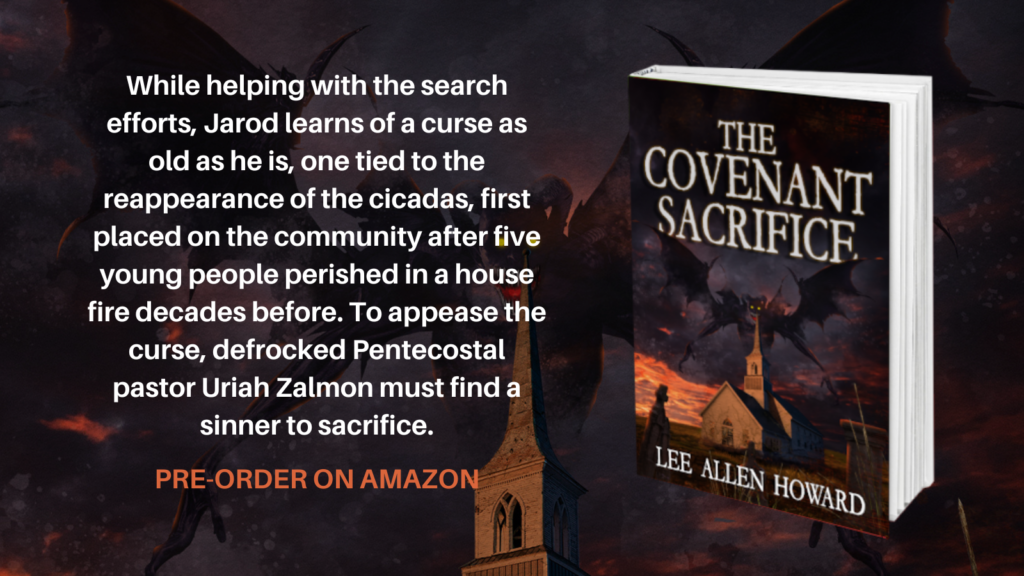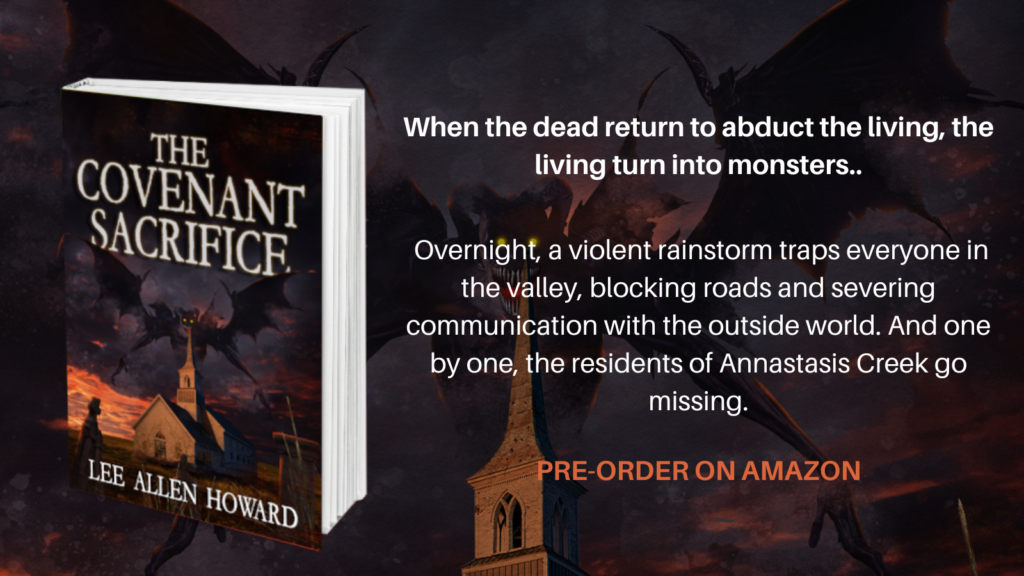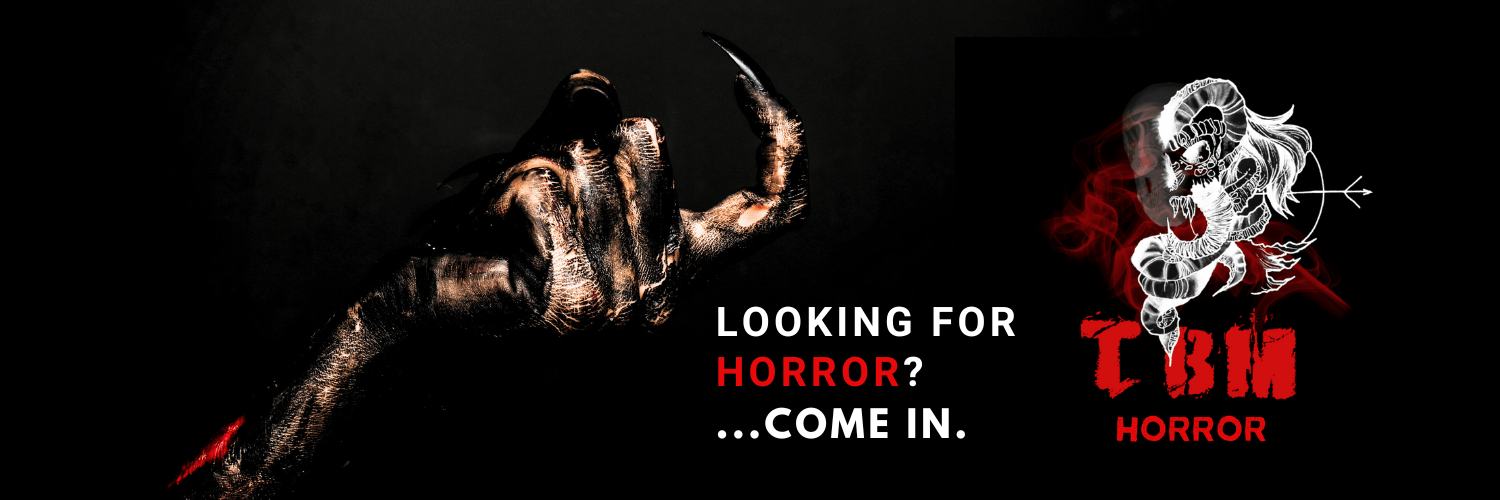
“I now refer to my writing as “dark fiction,” which encompasses not only horror, but supernatural thrillers, psychological thrillers, dark crime, dark mystery, and LGBTQ horror.”
Tell us a couple of lines about yourself.
I’m a gay writer and editor of dark fiction. I’ve only ever wanted to be a writer and have been at it since I was a child—long ago!
How long have you been in horror? How do you see your evolution as a creator?
My introduction to horror was through Norman Bridwell’s How to Care for Your Monster (1970), which I bought, I believe, in second grade. I started writing scary stories about that time, binding them into collections with construction paper covers. So, I guess you could say, I started out self-publishing!
I evolved through reading, learning, and research about the craft of writing—both fiction and nonfiction—and editing. Then practicing on countless writing projects, eventually publishing my own books.
What’s the greatest lesson you have learned along the way?
Becoming a popular fiction writer takes much time and commitment to continuously studying the craft. I’ve devoted myself to it, and it’s finally paying off. There are no shortcuts.
Tell us about your most recent work, can you give us some insight?
The Covenant Sacrifice is both horror and gay romance. Specifically, I would categorize my sixth novel as religious horror, cult horror, LGBTQ horror, and gay romance—as well as a coming out story. Think Invasion of the Body Snatchers meets Brokeback Mountain.

I wanted to write a book about religious (Christian-based) homophobia and how individuals from that faith community who are struggling to accept their orientation are often persecuted by family and community, sometimes considered to be monsters that threaten their way of life. The Covenant Sacrifice examines evangelical/Pentecostal family and societal values from an LGBTQ perspective.
Whose strings do you think it will pull?
The Covenant Sacrifice may ruffle conservative feathers, people whose beliefs and actions are like those of the book’s antagonists. On the other hand, I hope it encourages LGBTQ folks who have endured hardship and persecution from family, friends, and community because of coming out or simply being themselves.
What’s the strongest message the audience will find in your book?
The theme of The Covenant Sacrifice is about transition. My message is: You must accept, love, and be true to yourself first before you can love someone else and attain your life goals. A quote from the epigraphs at the beginning of the book states it best: “Being deeply loved by someone gives you strength, while loving someone deeply gives you courage.” —Lao Tzu
Are you fond of any character?
I’m fond of all my characters, even the ones I kill! Protagonist, Jarod Huntingdon, is especially dear to me because, in the book, he goes through the process of coming out of heterosexualism as I did, back in 2006.
Do you plan to make a spin-off about any of the characters?
I’m not sure a spin-off would be about any particular character, but I certainly believe there’s room for a sequel with the main characters. I’ll be thinking about that in the coming months.
What was the most challenging scene to write?
I never liked romance or read much of it in the past, but I thought that, along with the horror story, I would try to incorporate a parallel plot of a gay romance. So, I studied about the structure and tropes of romance fiction. Turns out, I kind of like it! Many novels are enhanced with a romantic subplot, so I’ll be using this approach in the future.
Who is your perfect audience?
Anyone who likes dark fiction. Particularly, for The Covenant Sacrifice, lovers of horror (religious, cult, occult, supernatural, creature) and LGBTQ romance. Of course, the perfect reader would not only read The Covenant Sacrifice but write and post an honest review. 🤞🏼😃
Sci-fi, thriller, and horror. How do they combine?
Horror stories can be based on science fiction premises, as the movie Splinter does (dir. Toby Wilkins, 2008). But much horror, including mine (The Covenant Sacrifice, Death Perception, The Adamson Family), stems from the supernatural—characters (especially antagonists), beings, settings, and abilities—inexplicable to science.
Thrillers come in all types, including psychological (like my previous book, The Bedwetter: Journal of a Budding Psychopath) and supernatural. But, usually, thrillers have to do with human antagonists, such as Buffalo Bill in Thomas Harris’ The Silence of the Lambs (1988). I’m combining sci-fi and horror in my latest novel project, my MFA thesis, which I’m still working on.
How did you come up with the idea for your first creation?
I remember writing a story in second grade full of skeletons, witches, and blood. I don’t know what sparked that idea, but another story I wrote about that time was called “Eyeballs Only,” about a mad scientist who concocts a potion that turns him into a monster who only eats people’s eyeballs! I don’t know exactly where that idea came from either, any more than the ideas I’ve developed as an adult. From the ether? No one knows…!
What kind of horror do you think your work falls into?
I now refer to my writing as “dark fiction,” which encompasses not only horror, but supernatural thrillers, psychological thrillers, dark crime, dark mystery, and LGBTQ horror. The Sixth Seed is dark paranormal (family drama with aliens). Death Perception, in my estimation, is a supernatural thriller. The Adamson Family is YA gothic with supernatural elements. And The Bedwetter: Journal of a Budding Psychopath is a dark (and nasty) psychological thriller. I’ve also been writing more LGBTQ horror, which The Covenant Sacrifice would fall under.
What scene from a horror movie or book has terrified you?
There’s a passage, kind of an embedded story, in Peter Straub’s Ghost Story (1979) about a ghostly young man who appears to his sister, if I remember correctly. That’s one of the few horror passages that actually scared me. Another is the prologue of Stolen Tongues (2017) by Felix Blackwell. Both were quite effective in scaring me.
What’s the best and the worst about being a creator?
Being a creator takes much time, effort, and devotion, often with little payback—lonely hours at the keyboard or in the recliner, editing pages. But when my work finds sympathetic readers who tell me they loved my work, review it, and share it with others, it’s all worth it. I hope for more of that in the future.
What would be your advice for people who want to jump into this world?
Write what you love. And study your craft. Just because you can self-publish doesn’t excuse you from learning and improving as much as you can as a writer. But, most of all, have fun!
Who’s your biggest supporter?
I couldn’t name any one person, really. Neither of my parents have read my work (thank goodness!), and most of my past partners haven’t either. I guess I’m still waiting for “Mr. Right”—a book reviewer and social media influencer. 😁
If you started your career over in this industry, would you do it differently?
I earned a BA in English Lit and an MFA in Writing Popular Fiction. I wish I had gotten serious about writing education and self-education sooner. I’d be further along in my fiction-writing career had I done so. But I’ve supported myself by being a technical writer and publishing system administrator in the software industry all my working life, and the regular paycheck and benefits have supported me while I’ve studied and produced dark fiction.
What’s the last horror movie you were surprised you liked?
I recently watched We Are What We Are (dir. Jim Mickle, 2013), about a family of religious cannibals. I thought it was well done. And what a shocking ending!
What’s your unpopular opinion about a horror movie or book?
The recent remake of Pet Sematary (dirs. Kevin Kölsch, Dennis Widmyer, 2019) seemed to be one viewers either loved or hated. I really liked it. Of course, if you’re attached to the book or the 1989 version of the film, you may be dissatisfied. But taken on its own merits, I thought the 2019 remake was a great adaptation and an effective horror film in its own right.
What are your next projects?
Besides The Covenant Sacrifice, I have a number of LGBTQ projects in the works: a supernatural horror novella, a thriller novella, a post-apocalyptic zombie/supernatural horror novelette, and my MFA thesis novel (post-apocalyptic pandemic horror), which still needs some work. I’ve also got a dark paranormal mystery/cult horror novel in revision. And a few short stories.
If your last work was a song, which one would it be?
“The Monster Mash”? Maybe!
What work are you most proud of?
I’m quite satisfied with how The Covenant Sacrifice turned out; I worked hard on it for over a decade. But I would say, to date, my masterpiece is The Bedwetter: Journal of a Budding Psychopath. Although this horrific psychological thriller is extreme and not for everyone, I conjured a fascinating character and told his dark story in a unique way.

Where can the audience find you?
My author’s website is https://leeallenhoward.com, where you can find all my books, my blog, and my social media (on the Contact page). Anyone interested in staying informed about my writing projects (and getting some ebook freebies!) may sign up for my monthly email newsletter at https://tinyurl.com/LAHnews.


